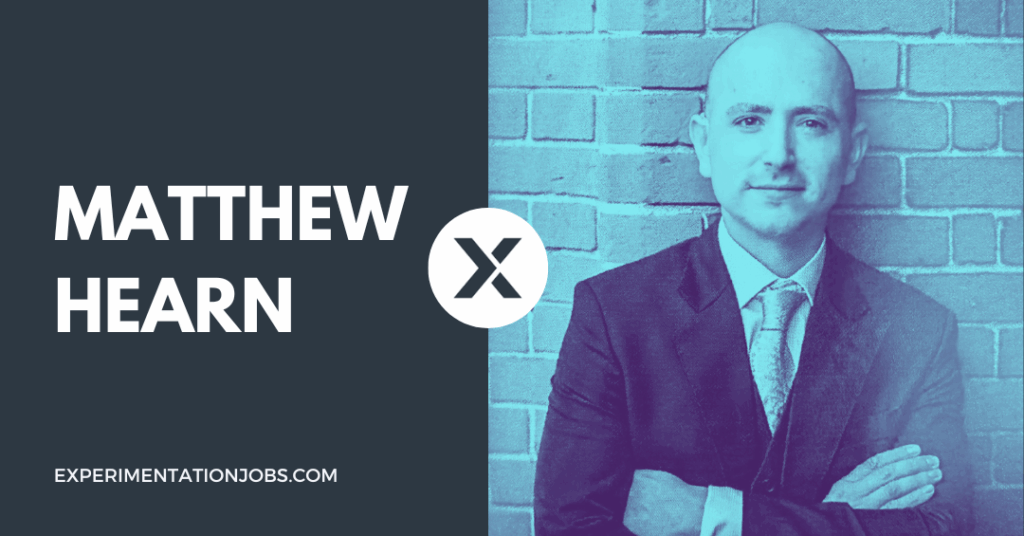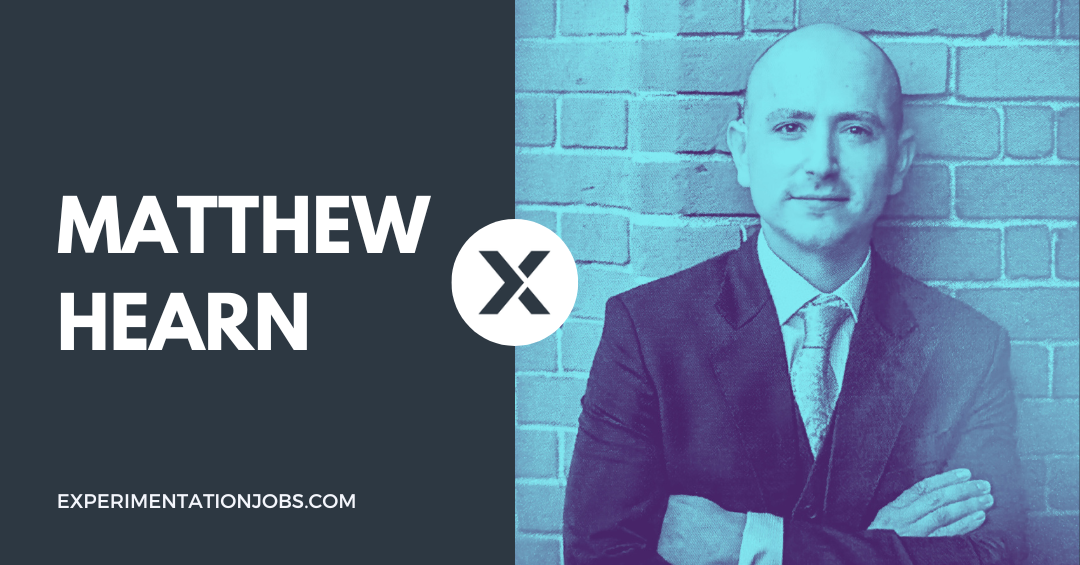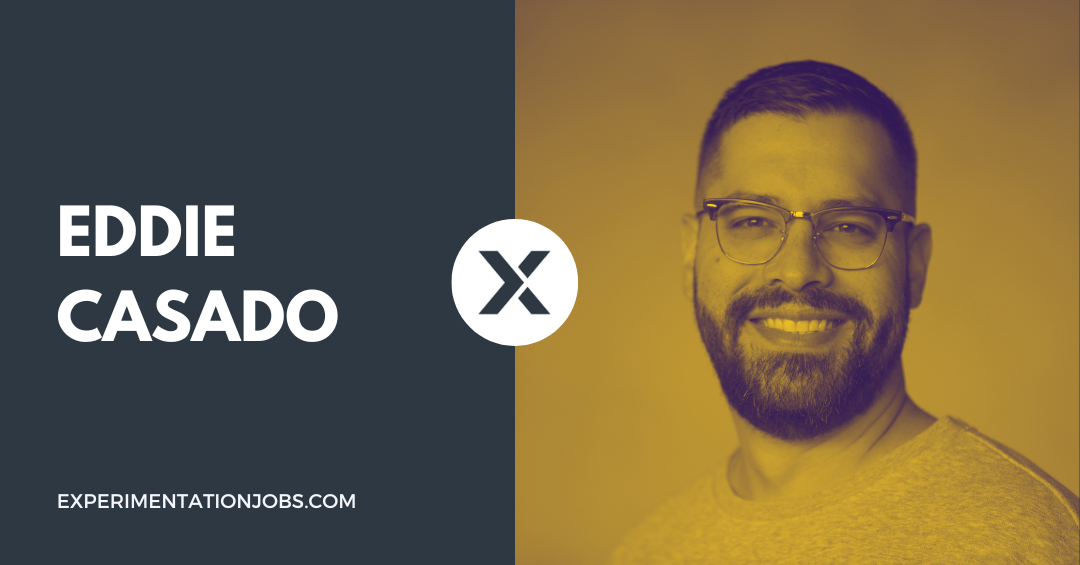The goal of this interview series is to inspire and help people to transition their career into a new or next experimentation related role. In this edition Matthew Hearn shares his journey. He is a QA/UAT Tester with 10+ years’ experience and currently looking for new opportunities.

I test everything from design tweaks to logic changes—basically, I try to “break things” before customers do. If something’s off, I’ll catch it.
Matthew Hearn
What is your current experimentation role and what do you do?
I’m a QA Tester focused on experimentation and CRO (Conversion Rate Optimisation). I work closely with developers and analysts to make sure A/B tests behave as expected, track correctly, and don’t break anything on the site. I test everything from design tweaks to logic changes—basically, I try to “break things” before customers do. If something’s off, I’ll catch it.
How did you enter the experimentation space? What was your first experimentation related role? Share your origin story here.
I got into experimentation during my time at Currys plc, a leading omnichannel retailer of technology products, where I was doing broader QA work before being pulled into validating A/B tests. Over time, it became my speciality. I found I really enjoyed the mix of user behaviour, data, and detail—it suits the way I think and work. Now I’m the person teams come to when they want confidence that a test won’t derail the experience.
How did you start to learn experimentation?
Mostly through hands-on experience and curiosity. I learned by working with CRO teams and using tools like Adobe Target and debugging software. I also asked a lot of questions—not just “does this work?” but “why are we testing this?” Being deaf means I often have to find my own way through things, and that’s helped me become independent, observant, and resourceful. I don’t let communication barriers stop me—I just find a way.
How do you apply experimentation in your personal life? (what are you tinkering with or always optimizing?)
I experiment with just about everything—routines, productivity tools, even cooking – placing the experiment on my sons who are honest metrics, ahem, I mean critics and so far it’s been mixed verdicts! I’m always trying to tweak or optimise something. That mindset spills into how I work too: I’ll try out different bug-reporting formats or test strategies just to see if there’s a better way.
What are you currently doing to keep up with the ever-changing industry?
I follow updates to testing platforms, stay active in QA and CRO communities such as the Ministry of Testing and Conversion Stash, and speak regularly with other testers and devs. I keep my tools sharp and my ears to the ground—figuratively speaking, of course! Being deaf means I face a few more hurdles in communication, but I’ve never let it hold me back. I’ve developed a strong ‘get it done’ attitude, no matter the obstacle.
What recommendations would you give to someone who is looking to join the experimentation industry and get their first full-time position?
Start by being useful—offer to help QA a test or validate tracking. Learn how experimentation works behind the scenes. You don’t need to be a data scientist; you just need to be curious and care about user experience. And don’t underestimate QA as a way in—tests are only as good as their execution.
Which developments in experimentation excite you? How do you see the field changing in the next 5 to 10 years? What will stay the same? What’s not going to change in the next ten years?
I’m particularly excited about personalisation at scale—the ability to tailor user experiences based on individual behaviours and preferences. Using data and AI to serve the right content, product recommendations, or messaging at the right time makes experimentation more powerful and user-focused. As a QA tester, it also presents an interesting challenge: making sure that personalised experiences work reliably across segments, devices, and conditions. While the tools and tech are evolving fast, the goal stays the same—creating experiences that feel intuitive, seamless, and genuinely helpful.
Is there anything people reading this can help you with? Or any parting words?
If you’re building or testing experiments and want someone who brings detail, drive, and a calm head—let’s chat. I’ve been in QA for over 10 years, and while I’m deaf, it’s never been a limitation for the teams I’ve worked with. In fact, colleagues often say my focus, independence, and attention to detail are real assets—and I believe it genuinely makes me better at my job. I’ve learned how to navigate challenges, solve problems proactively, and deliver consistently, regardless of difficulty. That’s the mindset I bring to every team I join. You can reach me at mwhearn@outlook.com or connect with me on LinkedIn.
Which other experimenters would you love to read an interview by?
I’d love to hear from other QA testers involved in CRO—it’s such a specific but important role. And also the devs and analysts behind the scenes, who quietly make experimentation possible (and fix things when it breaks!).
Thank you Matthew for sharing your journey and insights.



